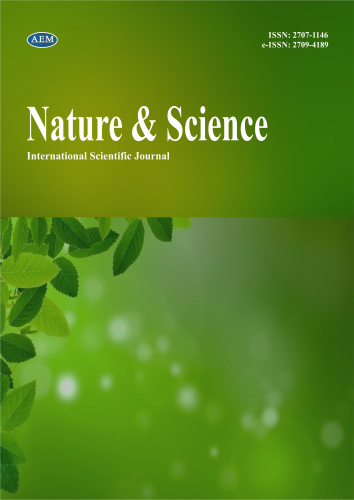Arxiv
Təbiət və elm 2024
DOI: 10.36719/2707-1146/05/37-39
Günay İsfəndiyar qızı Sadıqova
Gəncə Dövlət Universiteti
sgi_bioloq@mail.ru
Gülüstan Əlihüseyin qızı Əzizova
Gəncə Dövlət Universiteti
İMMUNPROFILAKTIKANIN TƏŞKILININ ƏSASLARI,
ONUN EFFEKTIVLIYININ VƏ TƏHLÜKƏSIZLIYININ QIYMƏTLƏNDIRILMƏSI
Açar sözlər: immunologiya, proflaktika, təbii imunitet, suni imunitet, peyvənd, vaksin, qazanılmış imunitet, zərdab, yad antigen, orqanizma, irsi yolla, fizioloji xüsusiyyət, anatomik xüsusiyyət
Summary
The purpose of this article is to investigate the growing number of viral diseases, to gather information on what measures should be taken against them and to educate the population. The immunological structure of the population is formed due to increased insensitivity to pathogenic microorganisms, which occurs through the formation of natural immunity (inherited or acquired as a result of an infectious process) and artificial immunity (created through immunoprophylaxis). The level of the immunological structure of the population affects the direction (trend) of the epidemic process. The higher the AID for a particular infectious disease, the lower the incidence, as well as the risk of group illnesses or outbreaks
Key words: immunology, prophylaxis, natural immunity, artificial immunity, vaccination, vaccine, acquired immunity, serum, foreign antigen, organism, hereditary, physiological feature, anatomical feature
Baxış: 505

